What causes bacterial vaginosis?
.png?v=1664465092470)

Related products
What causes bacterial vaginosis?
An overview
The condition known as "bacterial vaginosis" is a type of vaginal irritation brought on by an excess of the regularly present bacteria in the vagina, which upsets the delicate balance.
Bacterial vaginosis can affect women of any age, but it is more prevalent in women who are in their reproductive years. Although the specific cause is unknown, certain behaviours, such as unprotected sex or frequent douching, increase your risk.
Causes of Bacterial vaginosis
When one of the several vaginal bacteria that seem to be normally found in the female vagina overgrows, it can lead to bacterial vaginosis. The "healthy" bacteria Lactobacilli often overwhelm the bad germs. However, too many anaerobic bacteria can disrupt the usual balance of microorganisms in your vagina, resulting in bacterial vaginosis.
Risk factors of bacterial vaginosis
The risk factors for bacterial vaginosis include:
1. Having new or multiple partners for sex.
Medical experts do not fully understand why sexually active females are more likely to get bacterial vaginosis, but they do know that the condition is more prevalent in women who have multiple sex partners or a new sexual relationship. Furthermore, bacterial vaginosis is more common in women who have sex with other women.
2. Douching
Douching, which involves cleaning your uterus with water or another washing agent, upsets the natural balance of your vagina. This could lead to an overgrowth of anaerobic bacteria, which could cause bacterial vaginosis. The vagina cleans itself. Thus douching is not necessary.
3. A genetic deficiency in lactobacilli bacteria.
Furthermore, we don't know how having intercourse causes BV. There is no proof to support the idea that how a sex partner is treated affects BV risk. You may be more susceptible to developing other STDs if you have BV.
Those who have never had intercourse are rarely affected by BV.
Toilet seats, mattresses, or swimming pools cannot transmit BV.
What are the bacterial vaginosis symptoms?
Since BV doesn't usually cause symptoms, many people are unaware that they are affected. Sometimes symptoms are transient or so slight that you fail to recognise them.
Numerous thin abnormal vaginal discharge with a strong fishy odour is the main sign of BV. White, dull grey, greenish, and/or unusual vaginal discharge are all possible. After vaginal sex, the fishy smell is frequently more perceptible.
When you urinate, you can feel a tiny itch or burn, but many people don't experience any overt discomfort or annoyance.
How can bacterial vaginosis affect pregnancy?
According to the Centers for Disease Control and Prevention (CDC), 1 million pregnant women contract BV annually. Because of the hormone changes that occur during pregnancy, pregnant women have an increased chance of developing BV. The body produces substances called hormones.
Premature birth and low birth weight increase risks for your unborn child if you have BV while pregnant. Birth before 37 weeks of pregnancy is considered premature. When your child is born with low birth weight, it means that it is under 5 pounds, 8 ounces. Your infant may experience health issues if he or she is delivered too soon or too small.
BV can also result in pelvic inflammatory disease (also called PID). PID is a uterine infection that raises the possibility of infertility (being unable to get pregnant).
When to see a doctor?
Make an appointment to see your doctor if:
-
You feel warmth or odour along with new vaginal discharge. Both the cause and the symptoms and indicators can be determined with the help of your doctor.
-
Although you've had vaginal infections before, the consistency and colour of this discharge seem strange.
-
You have multiple sexual partners or a recent new connection. There are times when the alarm signs and symptoms of an STI are similar to those associated with bacterial vaginosis.
-
You attempt over-the-counter self-care for a yeast infection, but your symptoms continue.
Complications
Complications from bacterial vaginosis are uncommon. Bacterial vaginosis can occasionally cause:
-
Preterm delivery
Bacterial vaginosis during pregnancy is associated with early delivery and low birth weight kids.
-
Infections spread through sexual contact.
The risk of contracting sexually transmitted diseases (STDs) such as chlamydia, gonorrhoea, herpes simplex virus, and HIV is higher in women having bacterial vaginosis. In case you already have HIV, bacterial vaginosis makes it more likely that you may pass the illness to your spouse.
-
Risk of infection following gynaecological surgery.
If you have bacterial vaginosis, you run a higher risk of getting an infection after surgery such as a hysterectomy or dilation and curettage (D&C).
-
Inflammation of the pelvis (PID).
Bacterial vaginosis can lead to PID, an inflammation of the fallopian tubes and uterus that increases the probability of infertility.
What distinguishes a yeast infection from bacterial vaginosis (BV)?
Both vaginal yeast infection and bacterial vaginosis (BV) cause increased vaginal discharge. Here's how to distinguish between them:
1. Discharge:
A "fishy"-smelling discharge is the defining feature of BV. Although the discharge from yeast infections rarely smells strong, it sometimes resembles cottage cheese.
2. Vaginal itchiness:
BV typically doesn't cause vaginal itchiness or irritation. It's yeast infections.
3. Non-prescription medicine:
Using over-the-counter drugs, you can treat yeast infections. To acquire antibiotics for BV, you must visit your doctor.
Prevention
To lessen the risk of bacterial vaginosis:
1. Reduce vaginal irritability.
Use unscented tampons or pads and gentle, nondeodorant washes.
2. Avoid douching.
Your vagina can be cleaned with little more than a normal bath. Douching often upsets the vaginal balance and may increase your risk of vaginal infections. Douching is ineffective for treating vaginal infections.
3. Keep clear of sexually transmitted diseases.
Use a male latex condom, restrict the number of people you have sex with, or avoid sexual activity to lower your risk of getting an STD.
What is a bacterial vaginosis (BV) treatment?
Your doctor will advise taking antibiotics, frequently metronidazole or clindamycin. You apply these medications' gel or cream forms directly into your vagina. Oral pills are an additional option for them.
Since there are no over-the-counter treatments for bacterial vaginosis, patients must take care of themselves (BV). The use of douches or products meant to treat yeast infections should be avoided because they could make BV worse. Consult a healthcare expert for treatment.
To learn more about BV, read our information page. Here you can complete a quick online consultation and be matched with products and medication options to treat BV.
We also offer information and testing kits for sexual health tests, click here to view.



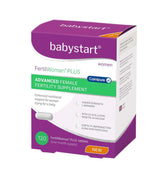
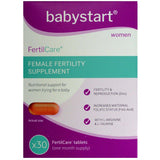






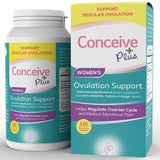
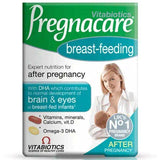






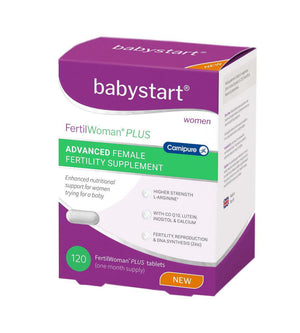
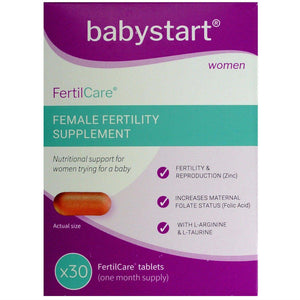
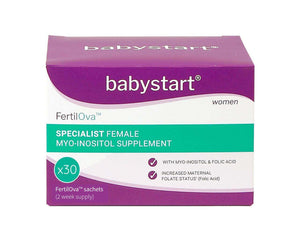





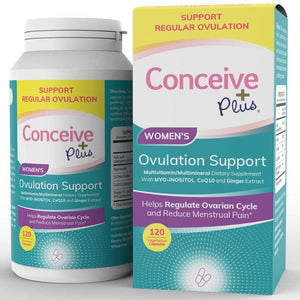
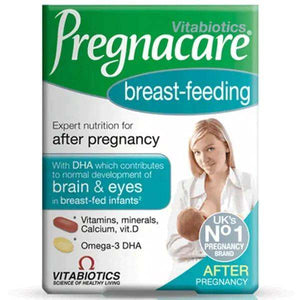


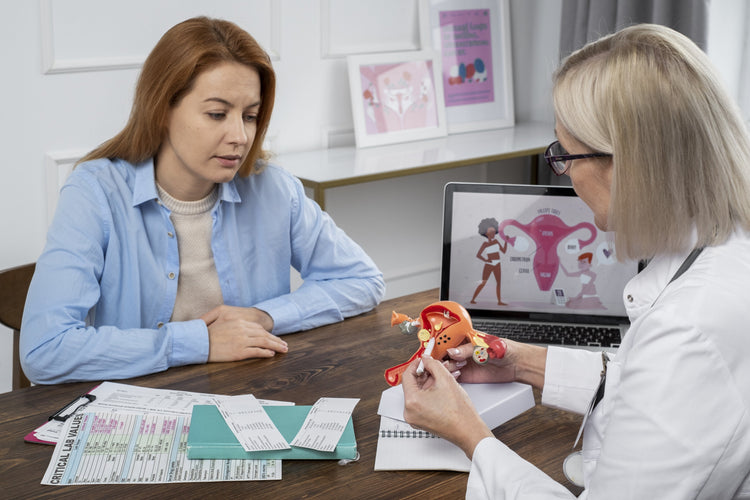

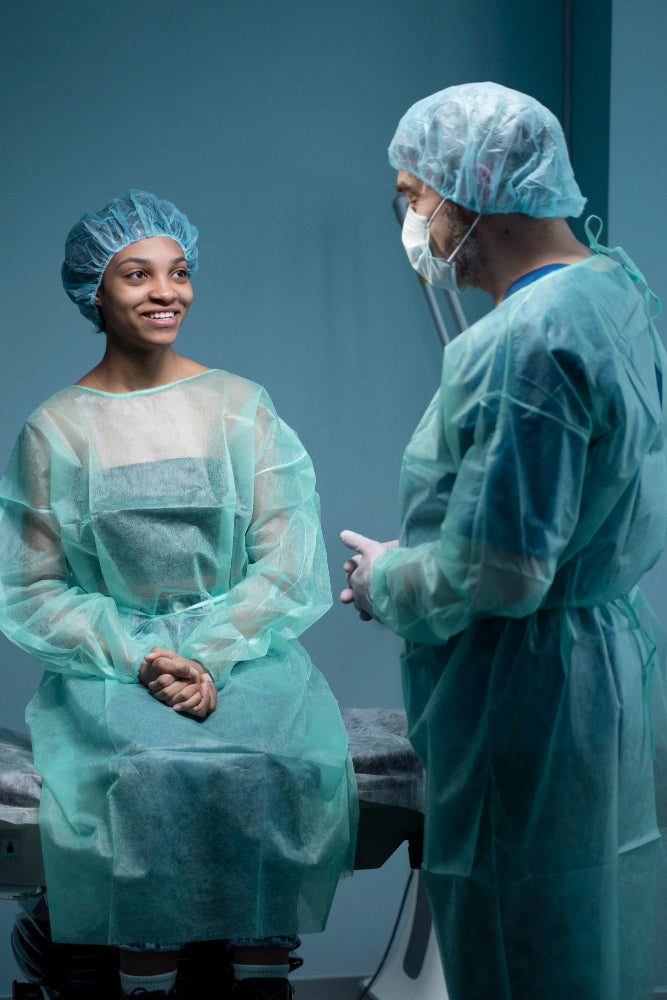

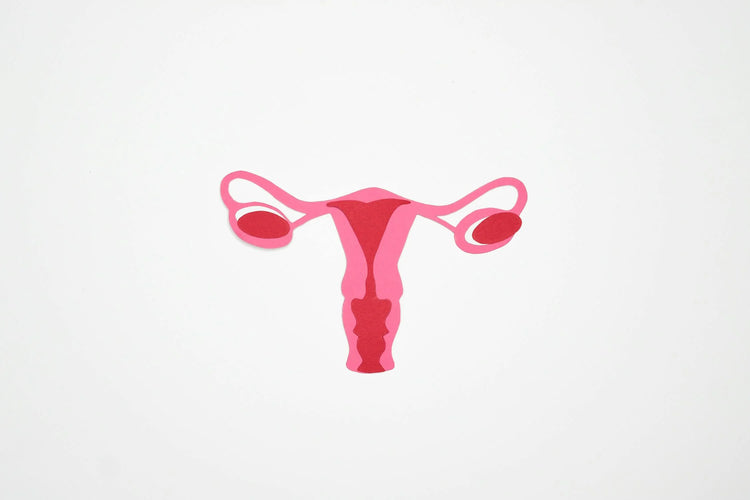


 Rated Excellent by 26,523+ Reviews
Rated Excellent by 26,523+ Reviews